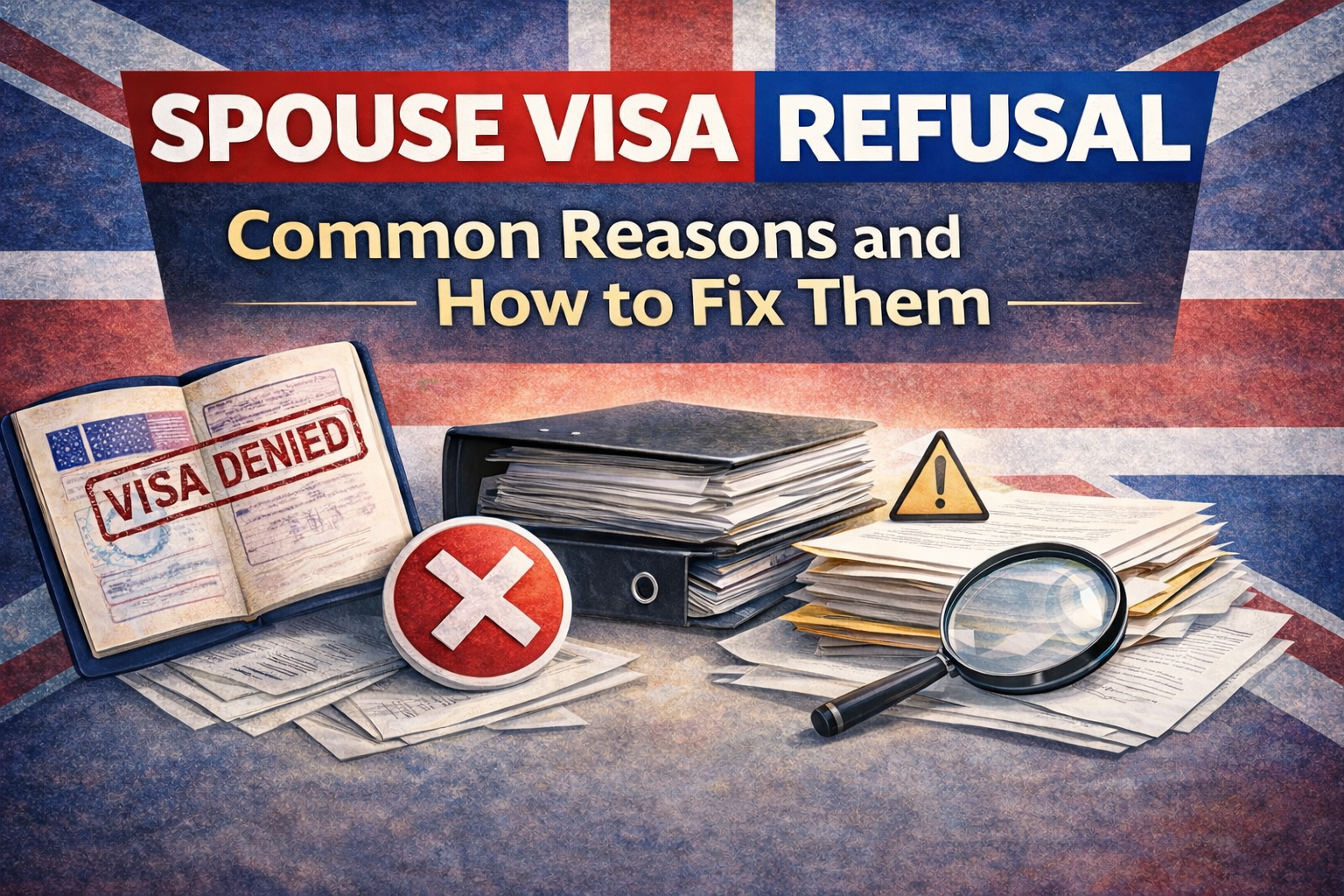How to File for Divorce: A Step-by-Step Guide
Divorce is never easy — emotionally, practically, or legally. But understanding the legal process can help make the journey clearer. Whether you’re filing alone or jointly with your spouse, this updated guide explains how to file for divorce in the UK under the 2025 rules, step by step.
Who Can Apply for Divorce in the UK?
You can apply for a divorce in England and Wales if:
- You’ve been married for at least one year
- Your marriage is legally recognised in the UK
- The UK is your permanent home or that of your spouse
If you meet the above criteria, you do not need to prove any fault or blame — thanks to the no-fault divorce laws that came into effect in April 2022.
What Is a No-Fault Divorce?
The no-fault divorce law allows couples to divorce without having to assign blame. You simply need to confirm that the marriage has broken down irretrievably.
This means you no longer need to provide reasons such as adultery or unreasonable behaviour, making the process less confrontational.
Step-by-Step Divorce Process
Step 1: Decide Whether to File Solely or Jointly
You can either:
- Apply alone (sole application)
- Apply together (joint application)
Both are valid, and the choice often depends on your relationship with your spouse and whether you’re likely to agree on key issues.
Step 2: Submit the Divorce Application
Applications are made online via the HMCTS portal or by post.
What you’ll need:
- Full names and contact details
- Original or certified copy of your marriage certificate (plus a translation if not in English)
- Court fee of £523 (fee exemptions or reductions may apply according to 2025 laws)
Step 3: Acknowledgement of Service
If it’s a sole application:
- The court sends the divorce papers to your spouse
- They must respond within 14 days with an “Acknowledgement of Service”
If they refuse or ignore the papers, the court may still proceed after evidence of service is shown.
Step 4: 20-Week Cooling-Off Period
Once the application is accepted, there’s a mandatory 20-week reflection period before you can apply for the conditional order (previously called the decree nisi).
Use this time to:
- Finalise financial arrangements
- Agree on child contact or custody
- Decide on property and asset division
Step 5: Apply for a Conditional Order
After 20 weeks, you can request the conditional order. This confirms that the court sees no reason the divorce cannot proceed.
You don’t need to attend a hearing unless the court requests it.
Step 6: Apply for the Final Order
After another 6 weeks and 1 day (from the conditional order), you can apply for the final order — which legally ends your marriage.
Once granted, you are officially divorced.
Financial Settlements and Child Arrangements
Divorce legally ends a marriage, but it does not automatically sort out your finances or child arrangements.
You may need:
- A financial consent order (to legally bind your financial agreement)
- A child arrangement order (if disputes arise over custody or visitation)
If you’re dividing pensions, investments, or property, legal advice is strongly recommended.
Do You Need a Divorce Solicitor?
While it’s possible to handle a divorce yourself, legal support can:
- Protect your financial interests
- Ensure paperwork is accurate and complete
- Represent you in disputes over assets, children, or spousal maintenance
Solicitors can also draft consent orders and help negotiate settlements that stand up in court.
How Long Does Divorce Take?
Even in straightforward cases, the process takes a minimum of 26 weeks due to the cooling-off and final order periods.
Complex cases involving children, property, or disputes may take longer.
Grounds for Challenging a Divorce
Under the current law, you can only dispute a divorce application if:
- The UK has no legal jurisdiction
- The marriage is not legally valid
- There has already been a divorce legally obtained elsewhere
You cannot dispute that the marriage has broken down.
Final Thoughts
Filing for divorce is emotionally challenging, but legally speaking, the process is now more streamlined than ever before.
Understanding your options and timeframes — and having legal support when needed — can make a big difference to your future.
If you’re considering divorce or have received papers, Hi Solicitors can help you navigate each step, protect your rights, and secure the best outcome for your family.





